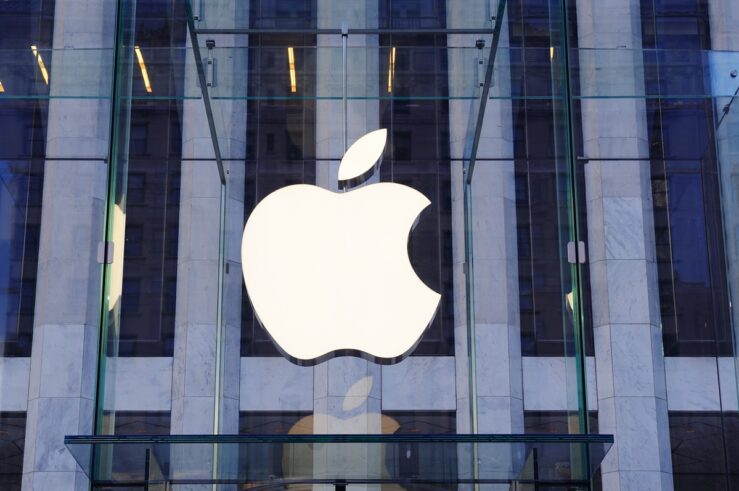I didn’t know Fred as well as most of the others who have provided such fine tributes here. As they have attested, he was a first-rate scholar, an inspiring teaching, and a devoted friend. From my own experience with him, I can add that he was deliberate about investing in the next generation of market-oriented scholars. I’m the beneficiary of that investment.
My first encounter with Fred came in 1994, when I was fresh out of college and working as a research fellow at Washington University’s Center for the Study of American Business. I was trying to assess the common law’s effectiveness at dealing with the externalities that are now addressed through complex environmental statutes and regulations. My longtime mentor, P.J. Hill, recommended that I call Fred for help. Fred was happy to drop what he was doing in order to explain to an ignorant 22 year-old how the common law’s property rights-based doctrines could address a great many environmental problems.
After completing law school and a judicial clerkship, I took a one-year Olin Fellowship at Northwestern, where Fred was teaching. Once again, he took time to help a newbie formulate ideas for articles and structure arguments. But for the publications I produced at Northwestern, I probably couldn’t have landed a job teaching law. And without Fred’s help, those publications wouldn’t have been nearly as strong.
A few years ago, Fred invited me to join as co-author of the fifth edition of his excellent antitrust casebook (co-authored with the magnificent Charlie Goetz). How excited was I! My initial excitement was over the opportunity to attach my name to two giants in the field. What I didn’t realize at the time was how much I would learn from Fred and Charlie, both brilliant thinkers and lucid writers.
Fred and Charlie’s casebook continually emphasizes the decision-theoretic approach to antitrust – i.e., the view that antitrust rules and standards should be crafted so as to minimize the sum of error and decision costs. As I worked on the casebook, my understanding of that regulatory approach deepened. My recently published book, How to Regulate, extends the approach outside the antitrust context.
But for the experience working with Fred and Charlie on their casebook, I may never have recognized the broad applicability of the error cost approach to regulation, and I may never have completed How to Regulate.
In real life, people don’t get the sort of experience George Bailey had in It’s a Wonderful Life. We never learn what people would have been like had we not influenced them. I know for sure, though, that I would not be where I am today without Fred McChesney’s willingness to help me along the way. I am most grateful.




